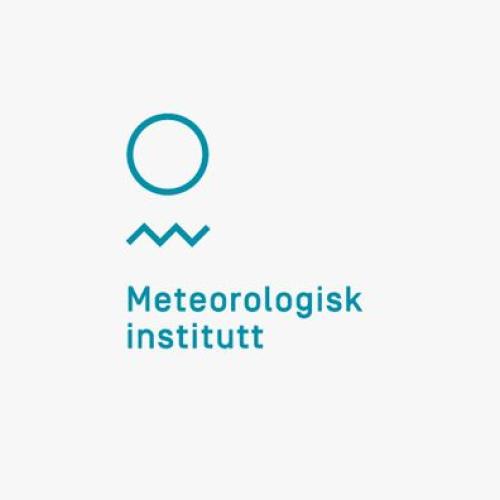
Overview
- Location
- Norway
- Website
Description
The Norwegian Meteorological Institute warned, monitored the climate and conducted research. Since the institute was established in 1866, Norwegian meteorologists have been central to the development of the subject. The Norwegian Meteorological Institute is today a leading international centre of expertise.
For the benefit of society
The Norwegian Meteorological Institute develops and supplies a wide range of useful tea residues. We make sure that rescue helicopters arrive safely, and that emergency services are safe on extremes and other routes. We conduct extensive research work, and provide climate data that can be used to dimension the country for the future climate. We have a free and open data policy, which means that Kven can use our material freely and for the benefit of society.
Common to all our work is our main goal of helping to secure lives and values.
Organization
The Norwegian Meteorological Institute is a state administrative body under the Ministry of Climate and Environment. The institute is leased by a board of directors, while the director is responsible for the daily renting of the institute.
The Norwegian Meteorological Institute has offices in Oslo (headquarters), Tromsø and Bergen and is organized in five divisions:
- World Alert Division
- Observation and Climate Division
- Centre for the Development of Warning Stones
- IT Division
- Research and Development Division
Purpose
The Norwegian Meteorological Institute is responsible for the public sector for civilian and military purposes. The institute will work to ensure that governments, businesses, institutions and the general public are best able to safeguard lives and values, plan ahead and protect the environment.
- prepare a notice of office
- study the climate in Norway and give climatological branches
- collect meteorological data in Norway, nearby sea areas and on Svalbard
- conduct research and development work
- deliver flight attendants
- communicate the results of the work they do
- carry out assignments and provide specialist services
- participate in the international meteorological cooperation